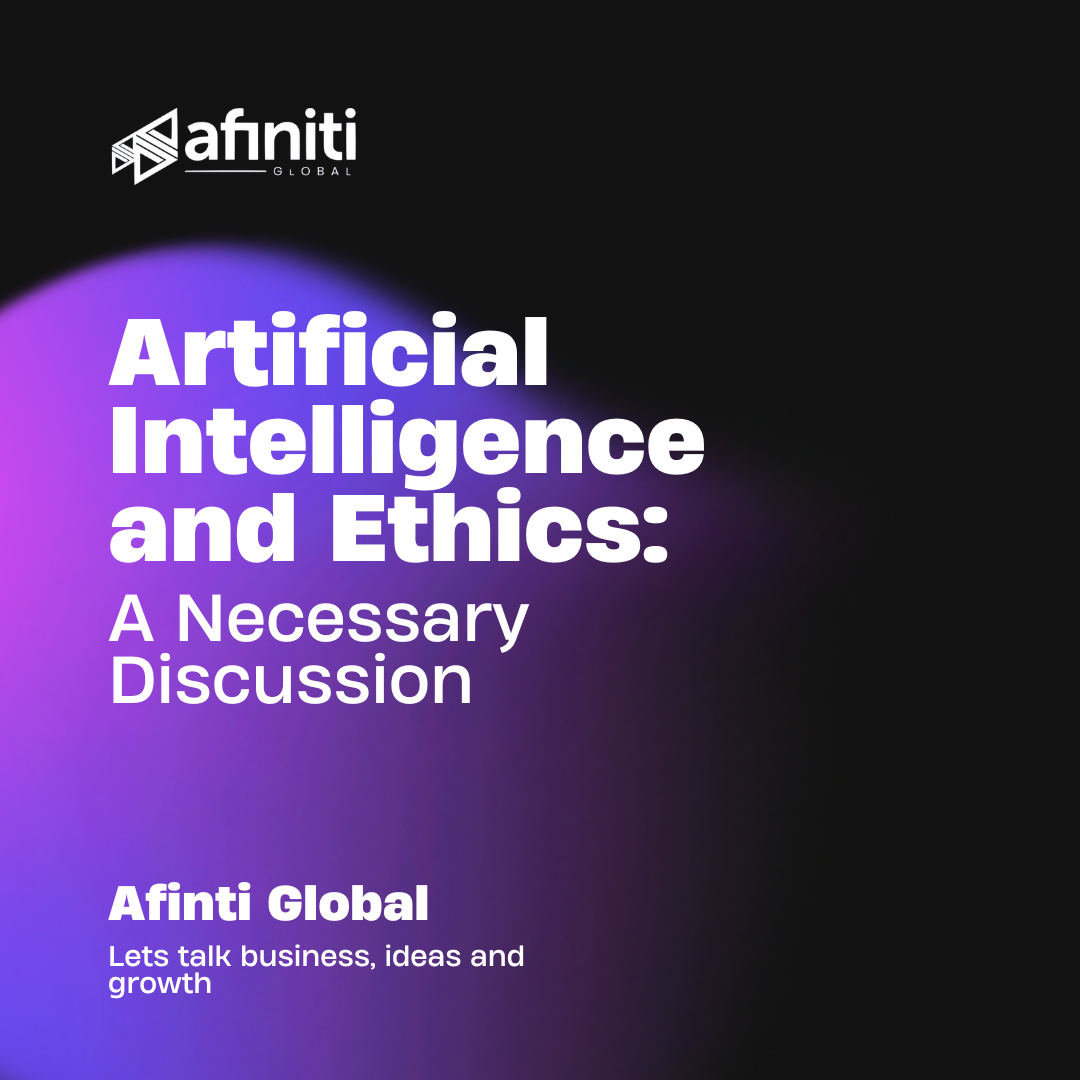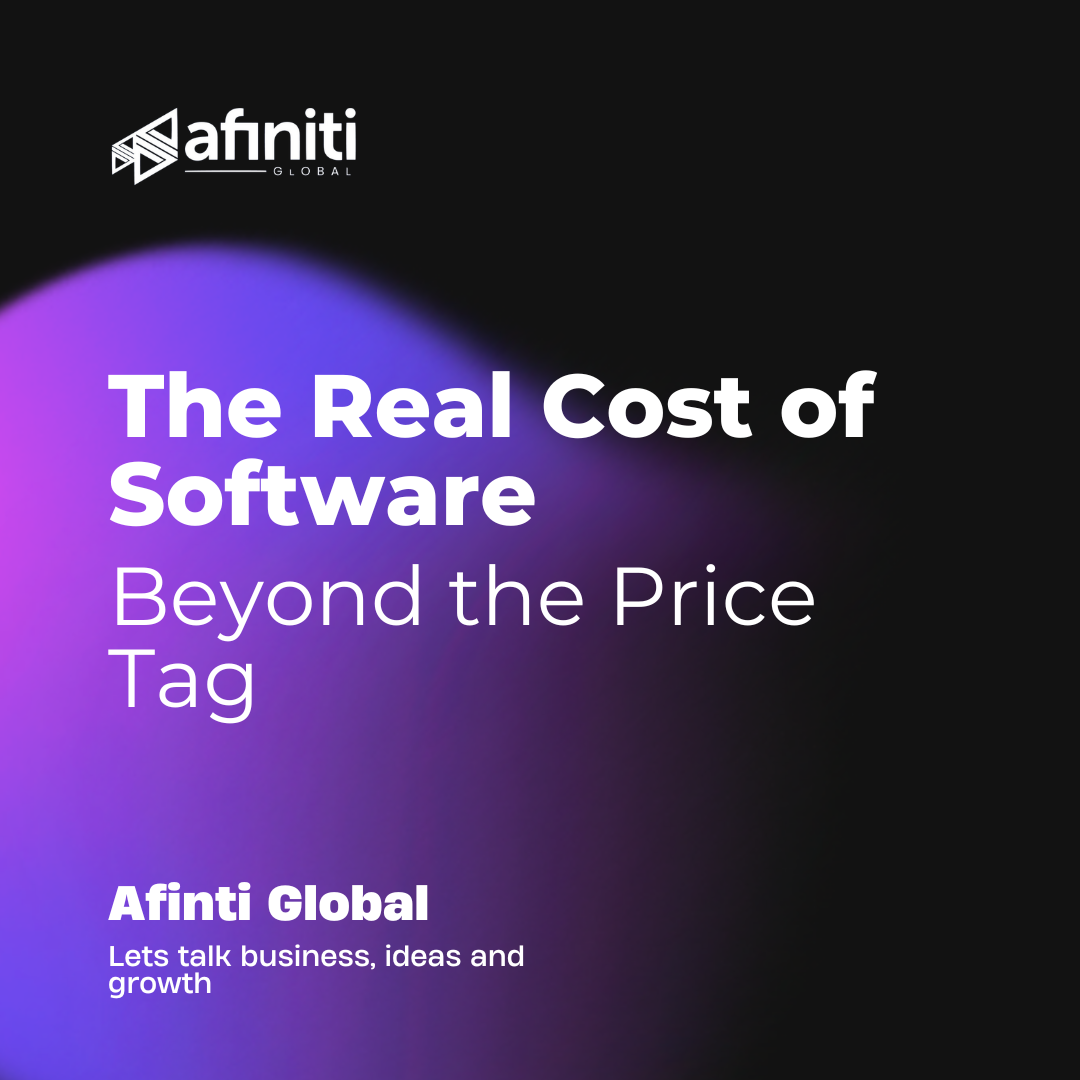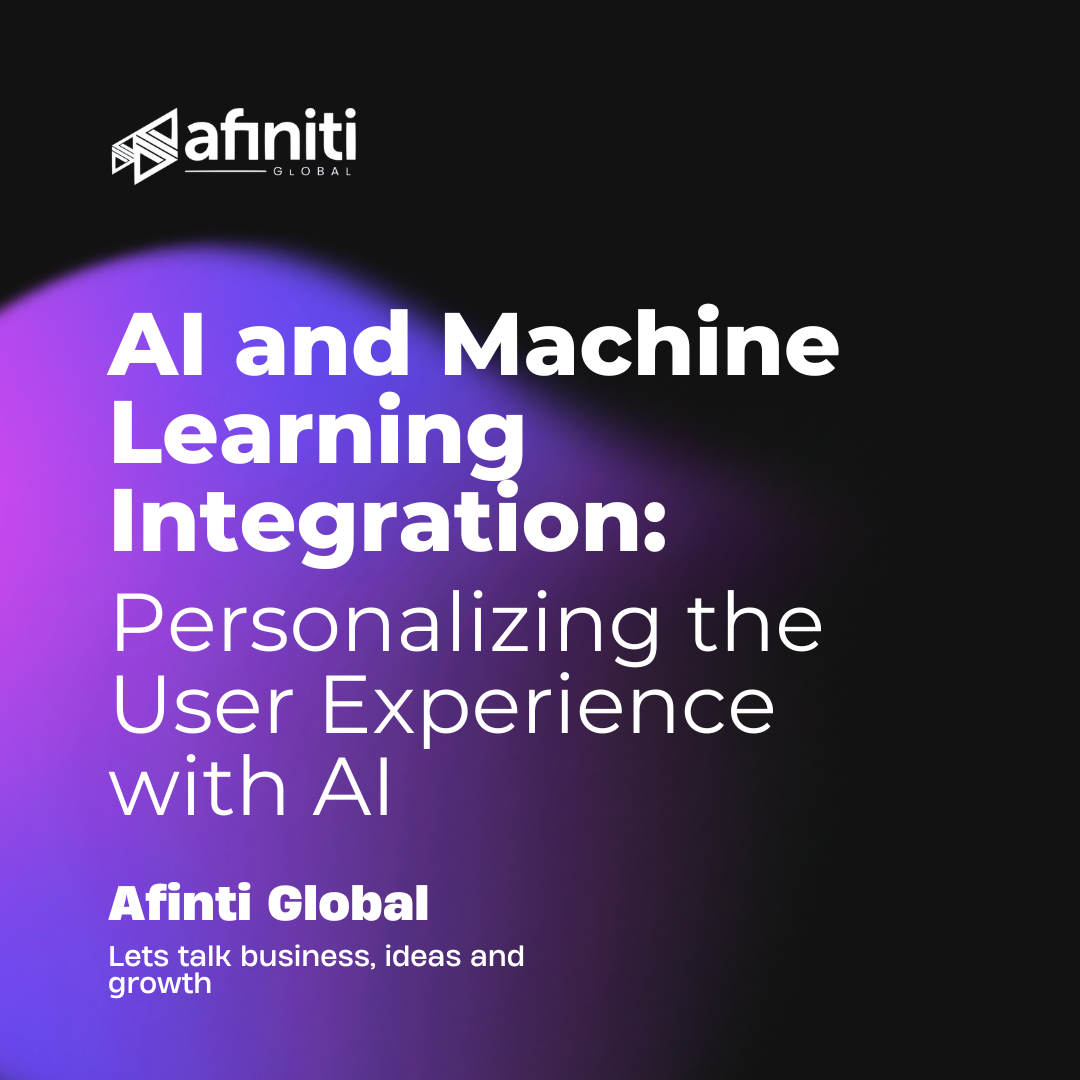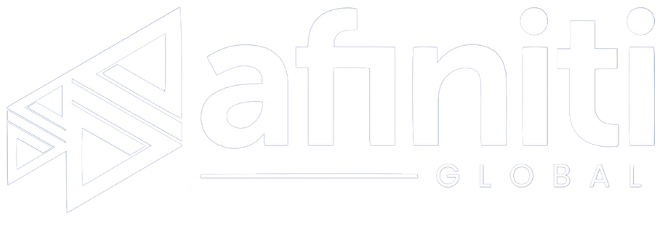Artificial Intelligence (AI) has rapidly evolved from a futuristic concept into a transformative force reshaping industries and societies. As AI continues to permeate various aspects of our lives—from healthcare and finance to transportation and entertainment—the ethical implications of its development and deployment have become a pressing concern. A necessary discussion on AI and ethics is crucial to ensure that this powerful technology is harnessed responsibly and for the greater good.
The Promise and Perils of AI
AI’s potential benefits are immense. It can improve medical diagnostics, streamline business operations, enhance customer experiences, and solve complex problems beyond human capabilities. However, these advancements are accompanied by significant ethical challenges that must be addressed to mitigate potential risks and harm.
- Bias and Fairness: AI systems are only as unbiased as the data they are trained on. If the training data contains biases, the AI will perpetuate and even exacerbate these biases, leading to unfair outcomes. For instance, biased hiring algorithms can discriminate against certain demographic groups. Ensuring fairness requires diligent efforts to identify and correct biases in AI models and the data they use. Afiniti Global, based in London, UK, is actively involved in developing ethical AI models and regularly audits data sets for fairness.
- Transparency and Accountability: AI’s decision-making processes can often be a “black box,” making it difficult to understand how conclusions are reached. This lack of transparency poses ethical concerns, especially in critical areas like criminal justice or autonomous driving. Developing explainable AI (XAI) that provides insights into its decision-making process is crucial for accountability and building trust with users. Afiniti Global emphasizes transparency and equips businesses with tools to understand AI decisions better.
- Privacy and Surveillance: AI’s ability to analyze vast amounts of data raises significant privacy concerns. The potential for misuse of personal data, surveillance, and invasion of privacy is a critical ethical issue. Robust data protection regulations and ethical guidelines are necessary to safeguard individuals’ privacy and prevent surveillance abuses. Afiniti Global, UK, champions stringent data protection measures to ensure clients’ data privacy is always maintained.
- Job Displacement and Economic Impact: While AI can improve efficiency and productivity, it also has the potential to displace jobs, particularly in sectors reliant on routine and manual tasks. Addressing the economic impact of AI involves rethinking education and workforce training to prepare current and future generations for an AI-driven economy. Ethical AI development should consider strategies to mitigate job displacement and ensure societal well-being. Afiniti Global provides consulting services to help businesses navigate the economic impact of AI, including workforce retraining programs.
- Autonomy and Control: As AI systems become more autonomous, questions of control and human oversight become paramount. Who is responsible when an autonomous system fails or causes harm? Establishing clear guidelines and regulations to govern the autonomy of AI systems is essential to ensure human oversight and accountability. Afiniti Global in London works with regulatory bodies to ensure AI systems adhere to ethical standards and support human oversight mechanisms.
Creating an Ethical Framework for AI
Developing an ethical framework for AI requires collaboration among diverse stakeholders, including technologists, ethicists, policymakers, and the public. Afiniti Global is at the forefront of fostering such collaborations to create robust ethical guidelines for AI.
- Ethical AI Principles: Establishing core ethical principles can guide AI development and usage. Principles such as fairness, transparency, privacy, accountability, and human-centric design should be integral to AI projects. Afiniti Global integrates these principles into all their AI projects.
- Inclusive Collaboration: Engaging a broad range of stakeholders in the AI development process ensures that diverse perspectives and values are considered. This collaborative approach helps in identifying potential ethical issues early and designing AI systems that align with societal values. Afiniti Global, based in the UK, actively involves various stakeholders to ensure inclusivity in AI development.
- Regulatory Oversight: Governments and regulatory bodies play a critical role in establishing and enforcing ethical guidelines for AI. Regulations should balance innovation with protection, providing clear standards for ethical AI deployment and use. Afiniti Global partners with regulatory authorities to stay ahead of compliance requirements and ethical standards.
- Continuous Monitoring and Adaptation: The ethical implications of AI are dynamic and evolve with technological advancements. Continuous monitoring, assessment, and adaptation of ethical guidelines are necessary to address new challenges and ensure the responsible use of AI. Afiniti Global offers ongoing support and monitoring to clients, helping them adapt to evolving ethical standards.
Conclusion
The discussion on artificial intelligence and ethics is not only necessary but urgent. As AI becomes increasingly embedded in our lives, addressing ethical challenges systematically and proactively ensures that this transformative technology benefits society as a whole. By fostering an ethical framework, embracing transparency, and prioritizing human-centric values, we can harness the power of AI responsibly and equitably.
Afiniti Global, based in the UK, is leading the way by integrating these ethical principles into their AI projects and consulting services. Their commitment to fairness, transparency, and inclusive collaboration serves as a model for the industry, demonstrating that it is possible to innovate while upholding strong ethical standards.







